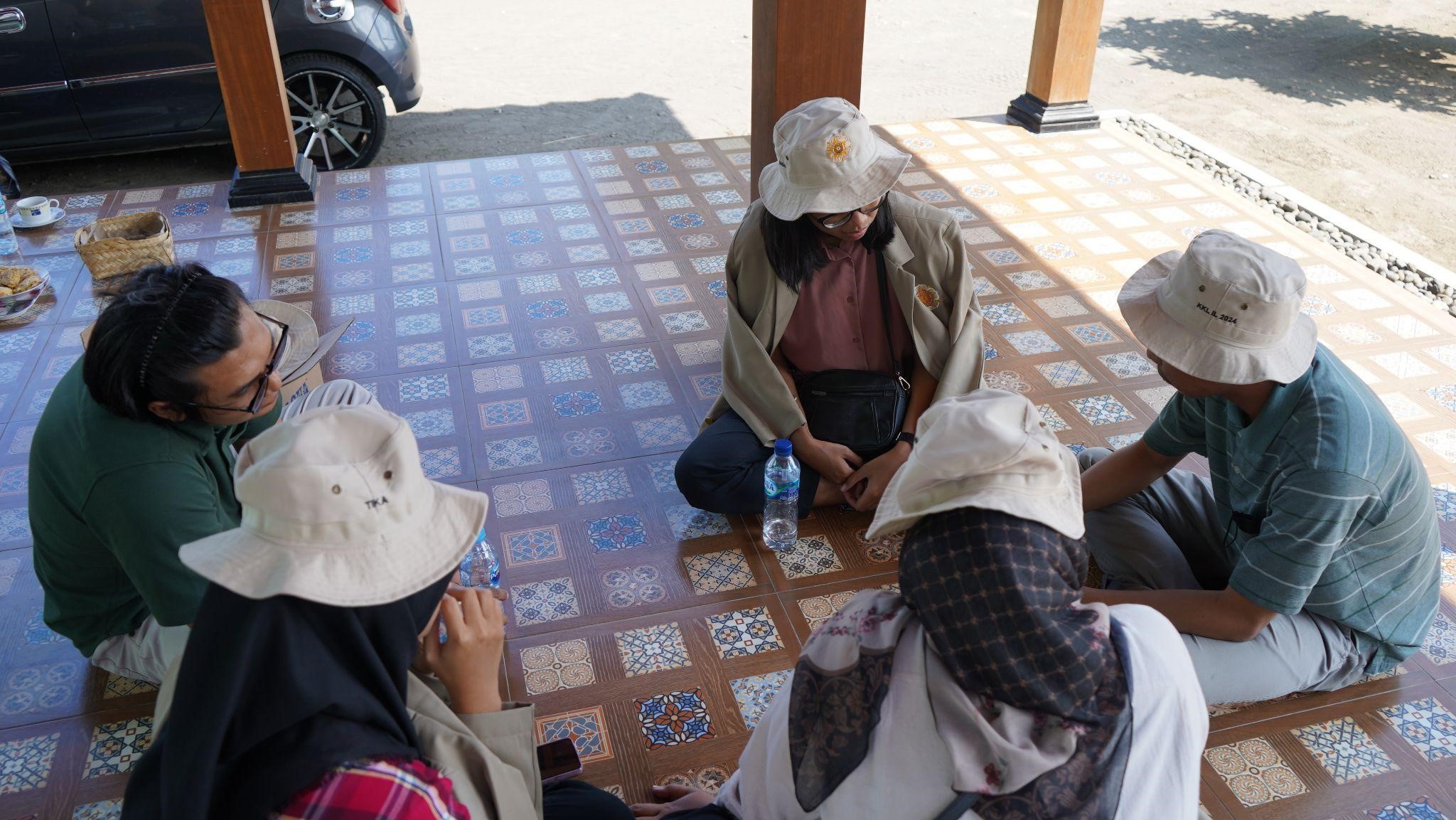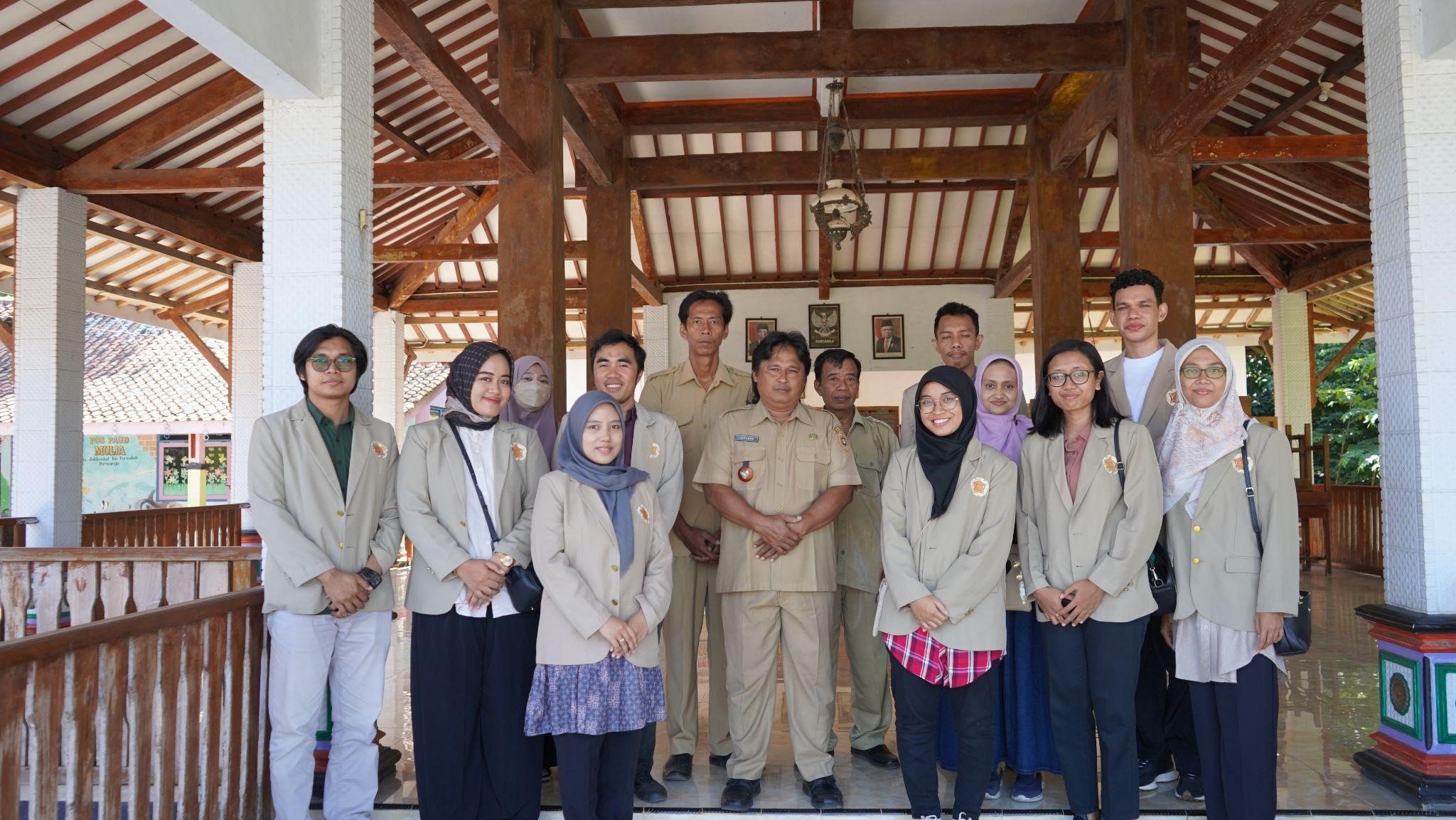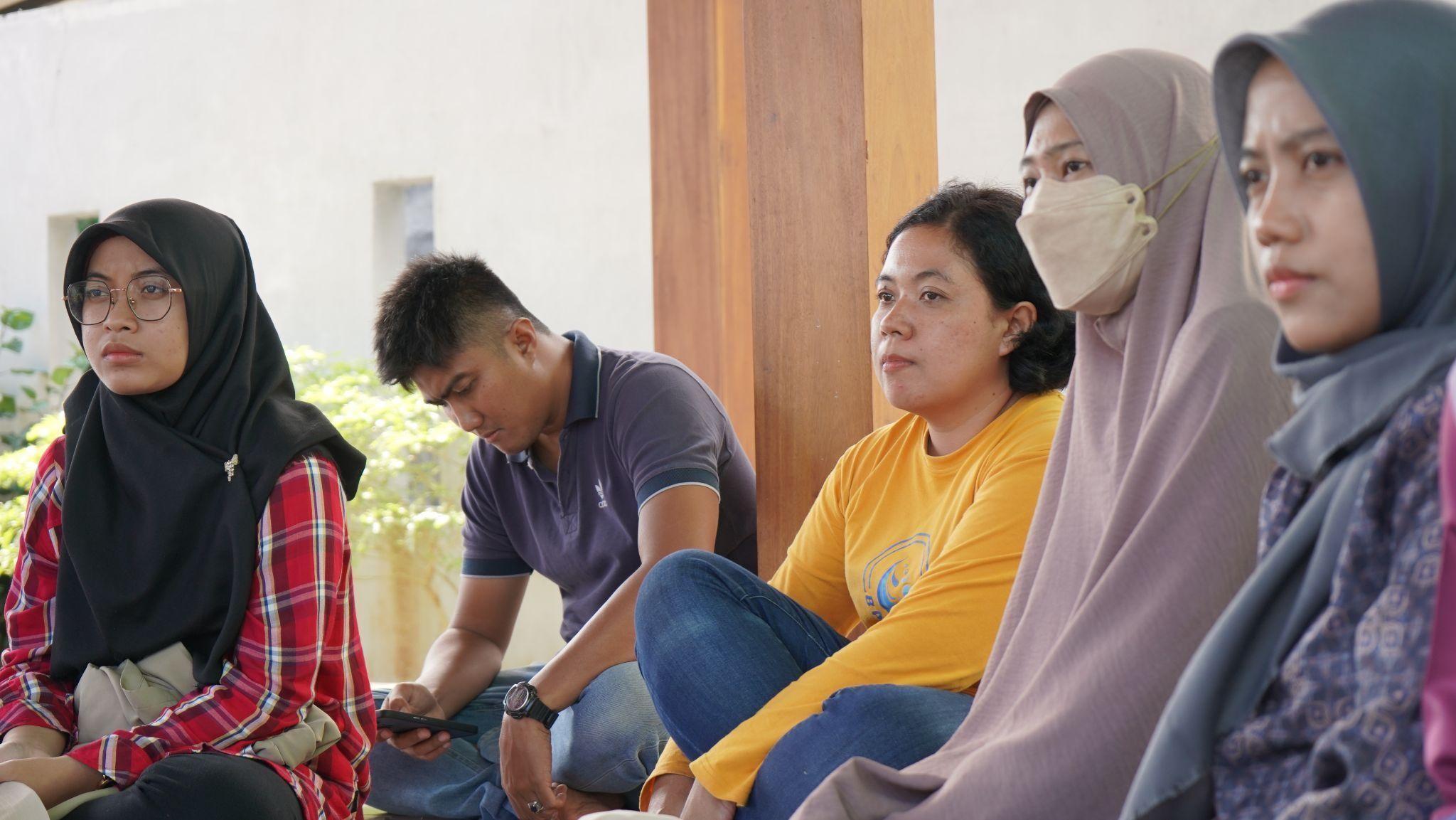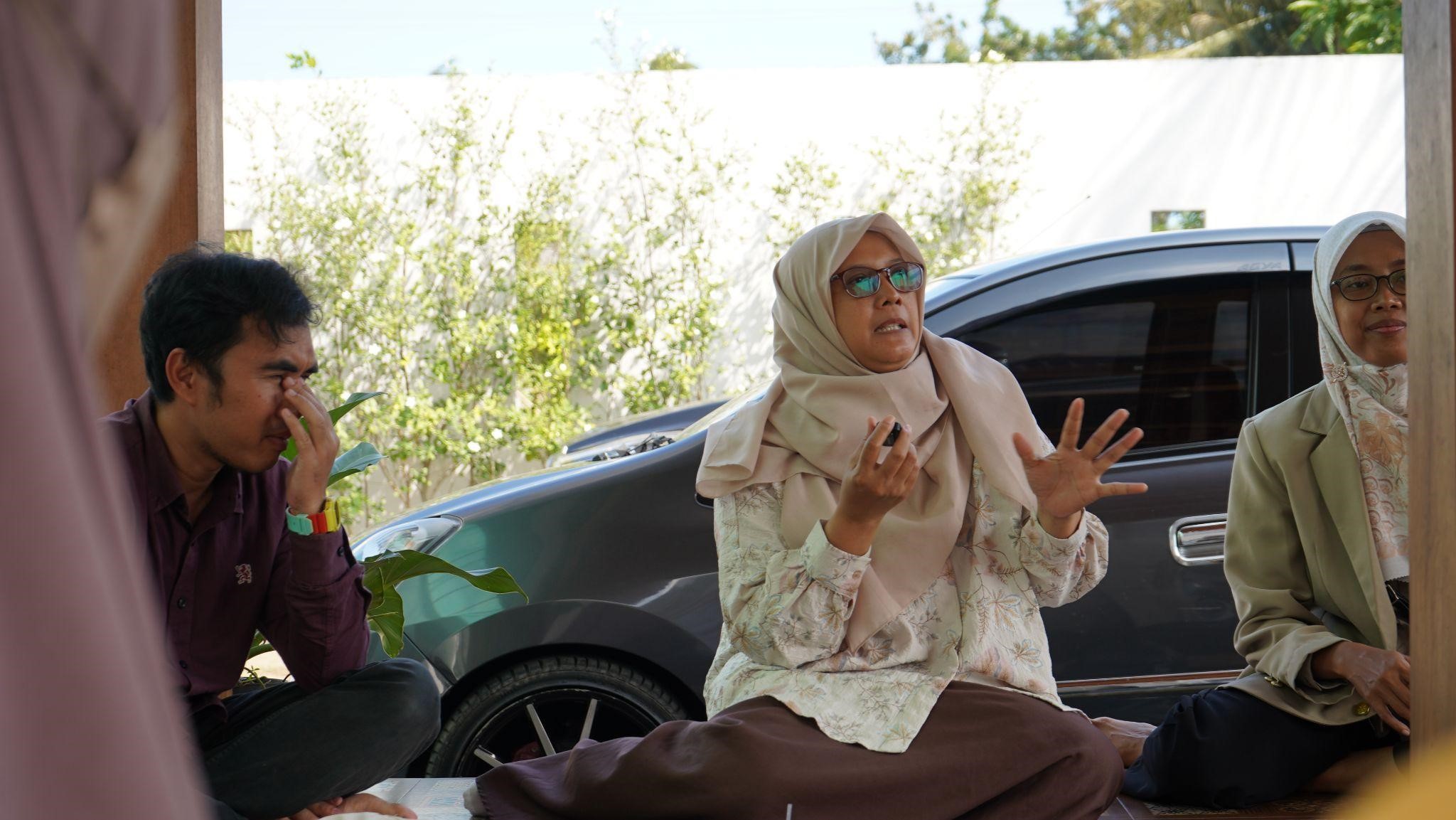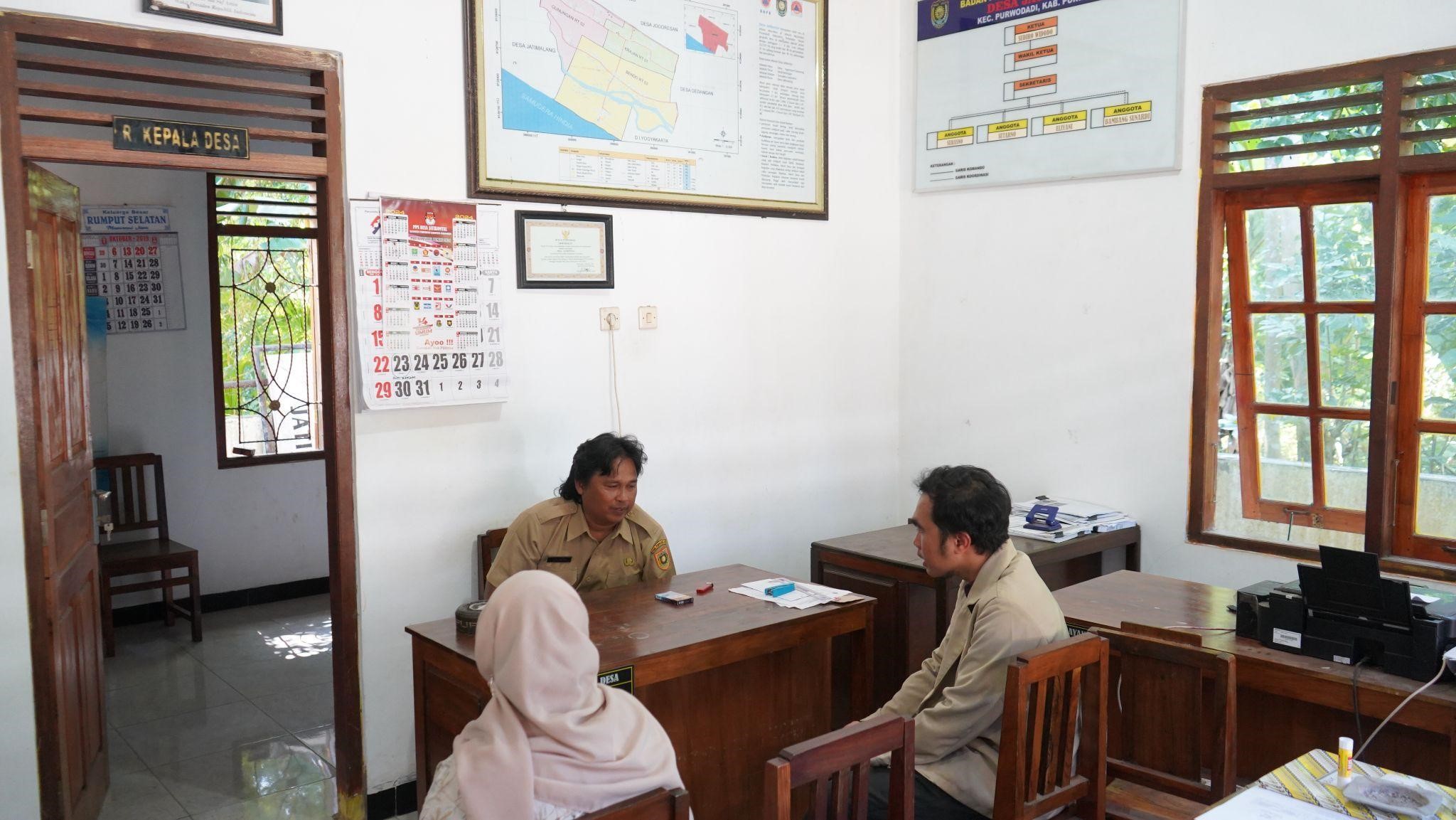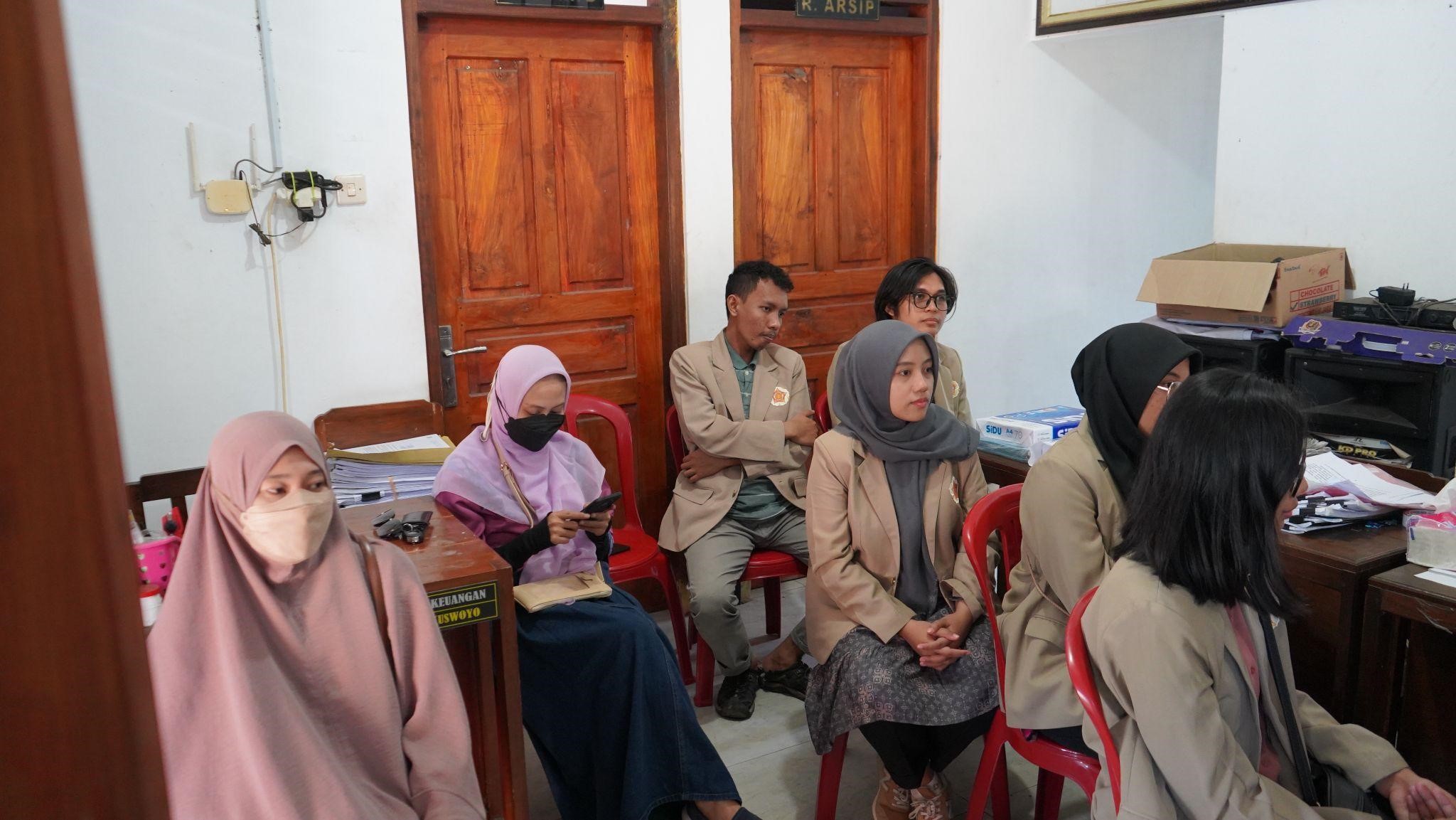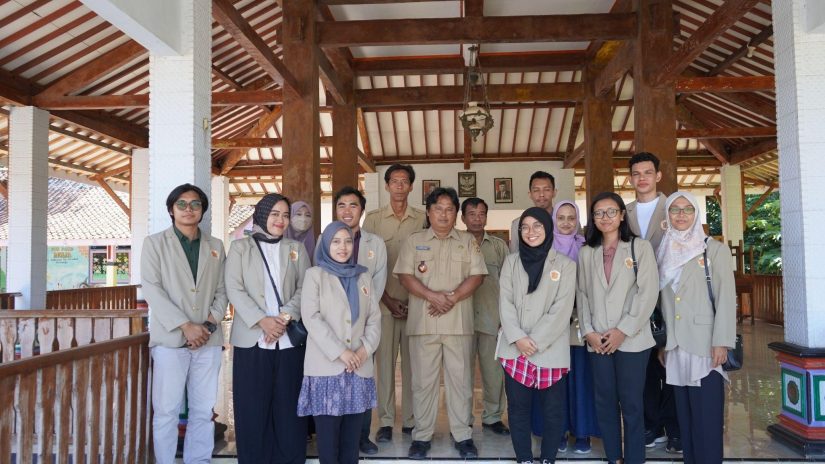
Field Work Lecture (KKL) activities are one of the academic processes carried out especially for master’s level students. Students of the Environmental Science Master’s Study Program at the Postgraduate School of Gadjah Mada University carried out KKL activities on 15th-19th July 2024 in the Jatikontal Beach area and the Demang Gedi Mangrove Education Park, Purwodadi District, Purworejo Regency, Central Java.
All students of the 2022 and 2023 Environmental Science Master’s Study Program actively participated in KKL activities with enthusiasm. The series of KKL activities consists of data inventory, interviews, collective data management, and cluster discussions.
This activity involves all stakeholders in the coastal area and TEM Demang Gedi. The supported activities of this event were interviews. The interviews were conducted on village officials discussing the policy of managing waste on the coast by the village, the Tourism Office, the Environmental Service, as well as managers, the community and tourist visitors to Jatikontal Beach and TEM Demang Gedi.
“After conducting research in the field collecting data and related data analysis that we have carried out, we come to the conclusion that the people in Purworejo Regency have interesting perceptions and participation regarding waste. “They apply the 3R waste management method, namely Reuse, Reduce and Recycle,” said Ardhi Irawan, KKL social cluster coordinator.
The strategy in waste management is to increase the value of waste, both economic and use value. Increasing the economic value of waste in the form of sorting waste that can be recycled and then selling it through waste banks. The community and stakeholders in the Purworejo area can emulate what the Banyumas Regency Government has done which implements waste bank management through the Banyumas Online Waste (Salinmas) and Ojeke Inyong (Jeknyong) applications.
Tags: waste management, coastlines, economic value of waste, SDGs, SDG 3: healthy and prosperous life, SDG 4: quality education, SDG 12: responsible consumption and production
Author: Siti Muyasaroh

